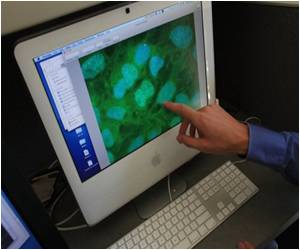Genetic signature of the brain cancer cell lines used for research is different from the original patient tumor cells.

‘For more consistent research, it is important to authenticate cell lines and move away from classically used cell lines and use verified glioma cells grown under proper conditions which tend to be more representative of the tumor of origin.’





This particular case of mistaken identity, among others, shines a spotlight on misidentification or contamination of cell lines as a long-standing quality-control issue that imperils the reproducibility of scientific experiments and the overall field of translational research.In 1968, Westermark and his team established U87MG, a glioma cell line that has since been made commercially available in repositories, such as the American Type Culture Collection (ATCC). The authors suspect that U87MG is the most popular cell line created, with roughly 200 studies published in 2015 alone.
Questioning the authenticity of the cell line, Westermark et al. used forensic and mitochondrial DNA profiling to trace U87MG's origin. This analysis revealed that the origin of the cell line is different from that of the original tumor, pointing to a potential mix-up or cross-contamination.
The researchers also looked at the genetic signature of U87MG, comparing its similarity to a large database of cancer cell lines. Results confirmed that the cells originated from the central nervous system.
Their findings further emphasize the importance of authenticating cell lines to produce more consistent scientific research. To address this important issue, authors call on the research community to move away from "classical" cell lines like U87MG in favor of verified glioma cell lines grown in proper conditions, which tend to be more representative of the tumor of origin.
Advertisement















